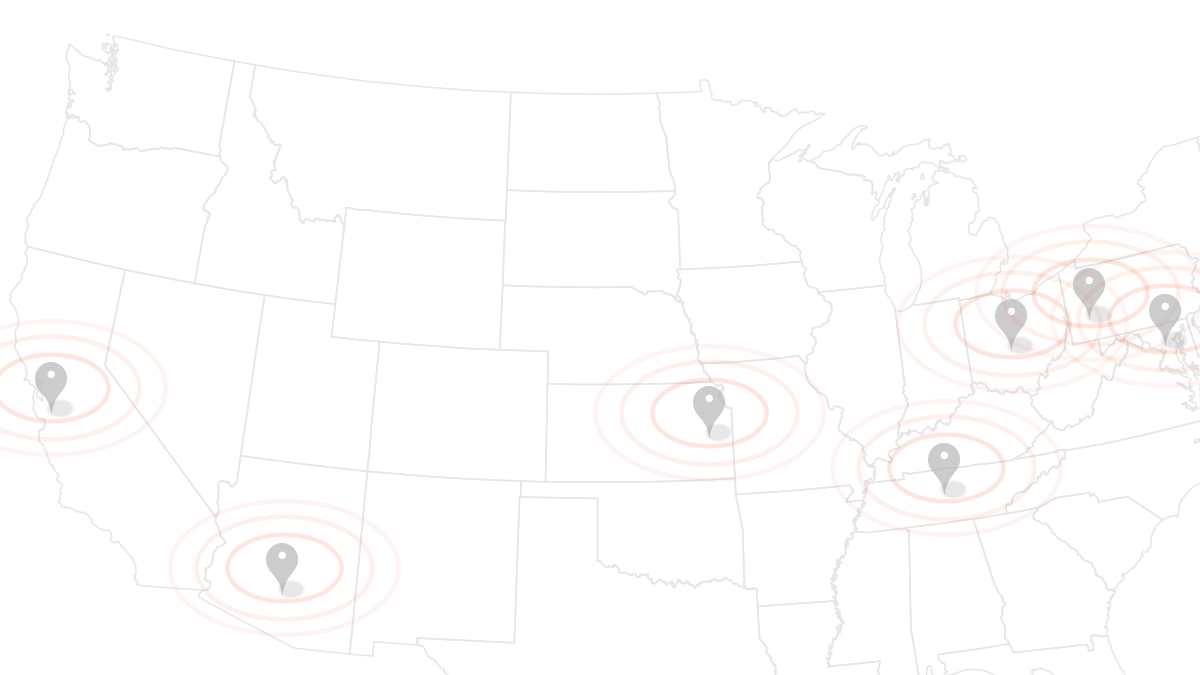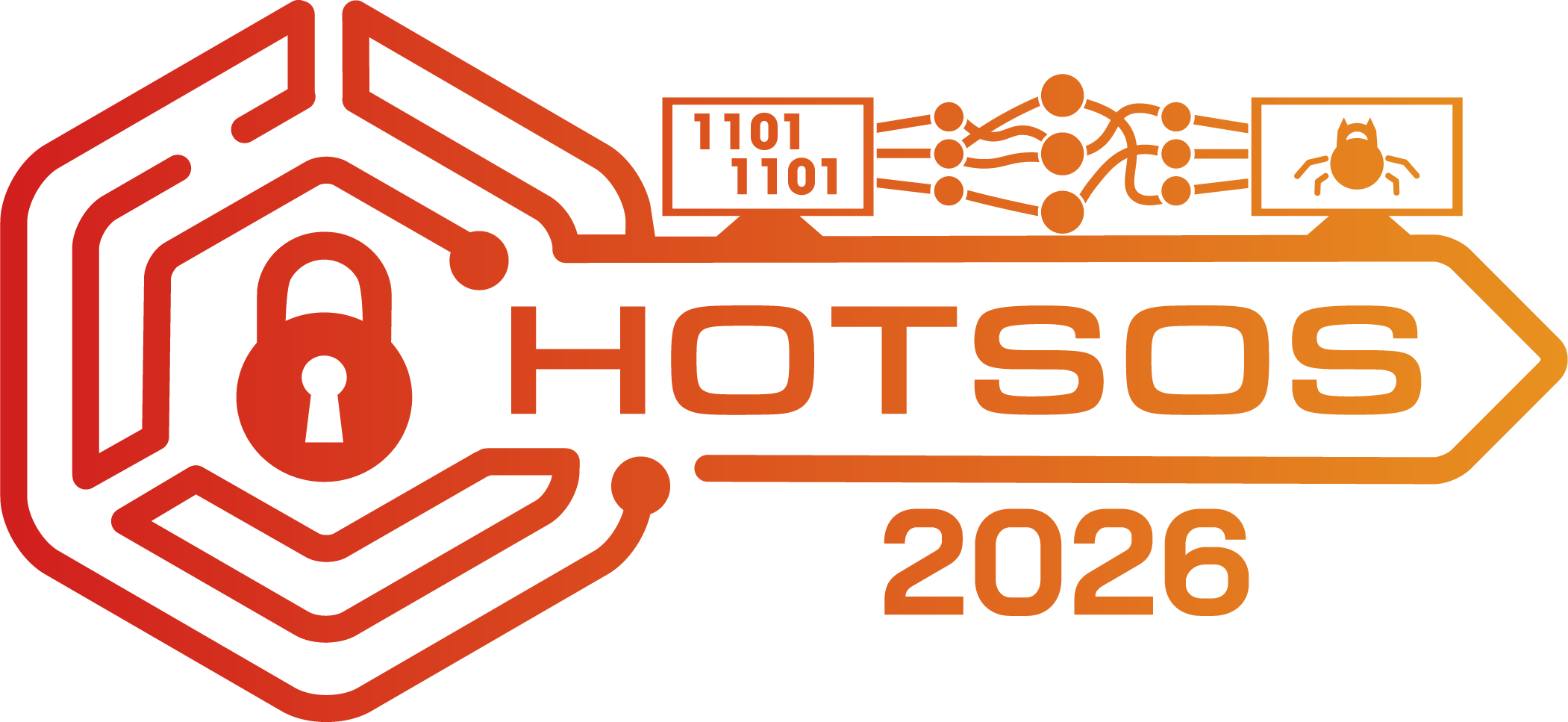Trustworthy AI
|
Recent years have seen an astounding growth in deployment of AI systems in critical domains such as autonomous vehicles, criminal justice, healthcare, hiring, housing, human resource management, law enforcement, and public safety, where decisions taken by AI agents directly impact human lives. Consequently, there is an increasing concern if these decisions can be trusted to be correct, reliable, fair, and safe, especially under adversarial attacks. How then can we deliver on the promise of the benefits of AI but address these scenarios that have life-critical consequences for people and society? In short, how can we achieve trustworthy AI? |
Under the umbrella of trustworthy computing, there is a long-established framework employing formal methods and verification techniques for ensuring trust properties like reliability, security, and privacy of traditional software and hardware systems. Just as for trustworthy computing, formal verification could be an effective approach for building trust in AI-based systems. However, the set of properties needs to be extended beyond reliability, security, and privacy to include fairness, robustness, probabilistic accuracy under uncertainty, and other properties yet to be identified and defined. Further, there is a need for new property specifications and verification techniques to handle new kinds of artifacts, e.g., data distributions, probabilistic programs, and machine learning based models that may learn and adapt automatically over time. This talk will pose a new research agenda, from a formal methods perspective, for us to increase trust in AI systems.
 Jeannette M. Wing is Executive Vice President for Research and Professor of Computer Science at Columbia University. She previously served as Avanessians Director of the Data Science Institute.
Jeannette M. Wing is Executive Vice President for Research and Professor of Computer Science at Columbia University. She previously served as Avanessians Director of the Data Science Institute.
Her current research interests are in trustworthy AI. Her areas of research expertise include security and privacy, formal methods, programming languages, and distributed and concurrent systems. She is widely recognized for her intellectual leadership in computer science, and more recently in data science. Wing’s seminal essay, titled “Computational Thinking,” was published more than a fifteen years ago and is credited with helping to establish the centrality of computer science to problem-solving in all other disciplines.

